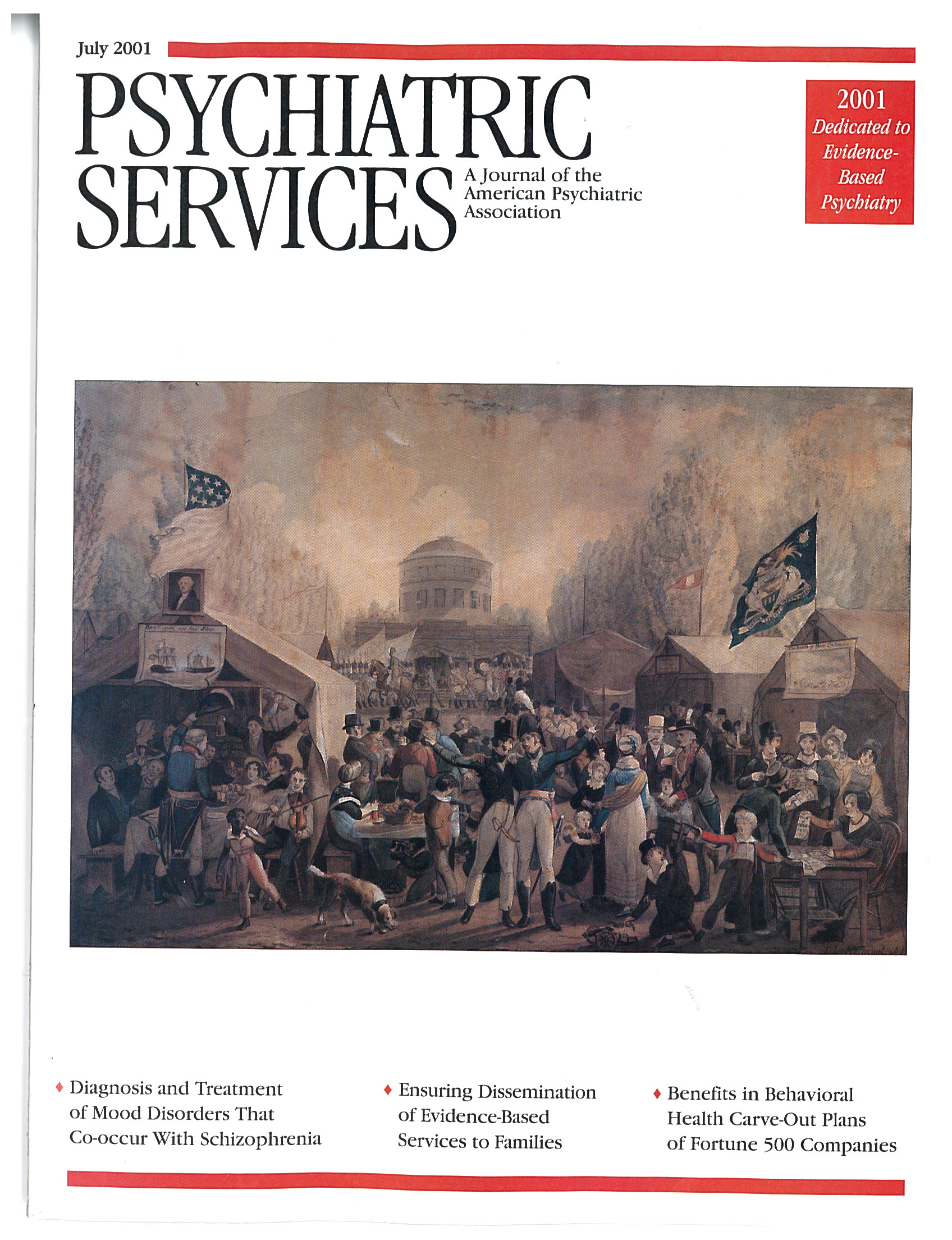The author, who is a professor of medicine as well as of history, describes two objectives for this volume: "to provide a comprehensive interpretive history of American medical education" since 1900 and to "alert readers to changes the marketplace has exerted on the way doctors learn and practice medicine." Thus in this book Dr. Ludmerer casts himself in two roles: that of historian and that of social commentator. In each of these roles he succeeds admirably, and in the combination he succeeds brilliantly.
As a historian, Ludmerer demonstrates a series of points about medical education in the United States in the 20th century: It has been singularly successful. It has pioneered the development of techniques for adult education. It has been an expression of the ideals and the spirit of the Progressive Era. It has depended on and received the support of the society in which it is situated. It has functioned at the intersection of the hospital and the university. It has attracted extraordinarily talented and motivated people from American society, and it has been an important asset to society.
Ludmerer uses details to establish these points and to give the reader a sense of the human features of his subject. The reader will find full consideration of the lives of medical students, house staff, faculty, deans, and patients. At one end of the empirical spectrum, variables such as research expenditures, tuition costs, and graduation rates are well quantified; at the other, such details as the ribald skits traditionally performed by house staff at annual department gatherings are fully explored.
As a commentator, Ludmerer is superbly insightful. His discussion of the adoption of corporate thinking and jargon by the leaders of academic medical centers is a case in point. He describes the habit of thinking of the academic medical center as entirely analogous to that of any other business enterprise, including in the glib use of terms such as "downsizing," "industry," and "market share." He places such habits in historical context and explores the forces that sustain them, and he also emphatically reminds the reader why these habits are inadequate and potentially destructive.
Ludmerer does not shrink from taking academic medicine to task for incompletely or inadequately responding to the challenges of the 20th century. He concludes with a discussion of how academic medicine can respond to the current hardships and threats of the managed-care era.
This book contains many passages that clarify important aspects of American medical education that I have encountered and wondered about over the years. I expect to use it as the best—and, on many subjects, the only—reference on topics in medical education, both historical and current.
For me this book was energizing. Even more important than the information it provides is the appreciation the author conveys of the place of medical education in our society—its importance and its particular needs. At a time when corporate leaders make us feel that medical education is a wastefully expensive special interest, Ludmerer reminds us how important it is and prods us to keep working, keep thinking, and keep the faith.

